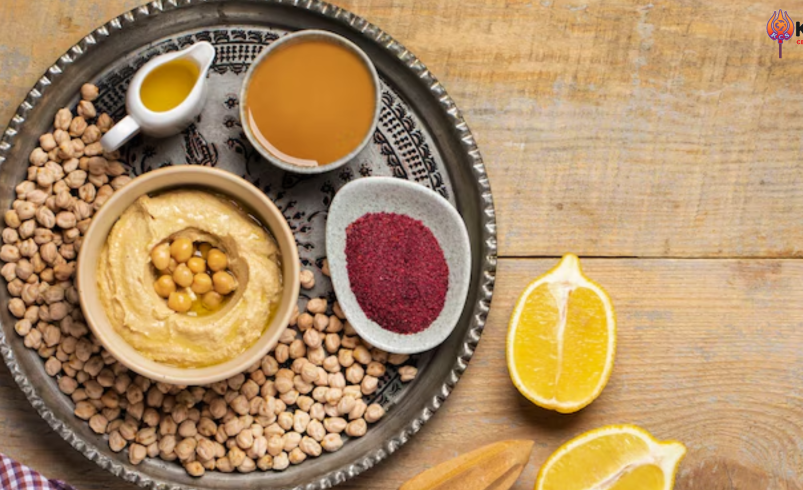Understanding Kosher Certification in India 2025
- June 10, 2025
- 0
If you’ve ever noticed a small symbol like a “U” inside an “O” or the word “Pareve” on a food label, you’ve likely come across Kosher Certification. But

If you’ve ever noticed a small symbol like a “U” inside an “O” or the word “Pareve” on a food label, you’ve likely come across Kosher Certification. But what does kosher certification mean, and why is it important? Whether you follow a kosher diet, produce food, or are simply curious, understanding kosher certification can help you make informed choices about what you eat or sell.
The term kosher comes from the Hebrew word kashér, meaning “fit” or “proper.” In dietary terms, it refers to food that complies with Jewish dietary laws known as kashrut, which are derived from the Torah.
These laws dictate:
Which animals are allowed (e.g., cows, chickens) and which are not (e.g., pigs, shellfish).
How animals must be slaughtered.
Prohibition against mixing meat and dairy.
Rules about wine and grape juice handling.
Cleanliness of equipment and facilities used in food preparation.
While many people associate kosher with being healthier or cleaner, kosher is not a health or food safety certification. It’s a religious standard.
Kosher Certification is a process by which a product is inspected and approved by a rabbinic agency to ensure it meets all kosher requirements. Once a product passes inspection, it can bear the agency’s kosher symbol on its label.
Certification typically involves:
Ingredient review: Every ingredient must be kosher, including additives, flavorings, and processing agents.
Equipment inspection: All equipment must be thoroughly cleaned and dedicated to kosher use or properly sterilized between non-kosher and kosher runs.
Ongoing supervision: Regular inspections and audits ensure compliance over time.
Common kosher certification symbols include:
OU (Orthodox Union)
OK (Organized Kashrut)
Kof-K
Star-K
Each of these symbols represents a reputable kosher certifying agency. These agencies may also include additional indicators like “D” (contains dairy), “M” (contains meat), or “Pareve” (contains neither meat nor dairy).
For observant Jews, kosher certification is essential. It ensures the food they eat aligns with their religious beliefs. Kosher Certification makes it easier to identify which products are permissible without needing to decode complex ingredient lists.
Even for those who don’t keep kosher, the certification often signals a high standard of quality control. Because kosher rules are strict and agencies conduct thorough inspections, many consumers—Jewish and non-Jewish—view the symbol as a sign of trustworthiness.
For manufacturers, obtaining kosher certification can open new markets. Millions of kosher consumers actively seek certified products. Additionally, many Muslims, vegetarians, vegans, and those with food allergies also choose kosher-certified items because of their clear labeling and strict handling procedures.
For food companies and restaurants, the Kosher Certification process involves several steps:
Contact a kosher certifying agency. Choose one with a strong reputation and appropriate scope for your product type and geographic location.
Submit product and ingredient information. Be prepared to share everything from ingredient lists to equipment cleaning schedules.
Facility inspection. A rabbinic inspector will visit your site to observe how the food is processed and ensure it meets kosher requirements.
Agreement and supervision. If your facility passes, you’ll sign an agreement for ongoing inspections. You’ll then be allowed to use the agency’s kosher symbol.
Maintain compliance. Kosher certification is not a one-time event. You’ll need to maintain high standards and allow for periodic re-inspections.
The entire process can take a few weeks to a few months, depending on the complexity of your operations.
“Kosher means blessed by a rabbi.” This is false. While rabbis may inspect and certify the process, kosher laws are about food preparation, not blessings.
“All kosher food is healthier.” Kosher certification doesn’t guarantee nutritional value; it ensures religious compliance.
“Kosher is only for Jewish people.” In reality, many people buy kosher for reasons related to ethics, cleanliness, or dietary preferences.
Kosher certification plays a crucial role in today’s food industry. It provides assurance to millions of consumers that a product meets the strict standards of Jewish dietary law. But more than that, it represents transparency, integrity, and attention to detail in food production.
Whether you’re a business looking to expand your reach or a consumer trying to make thoughtful food choices, understanding kosher certification gives you the knowledge to navigate labels with confidence.